It's OK to overreact to shootings in Washington

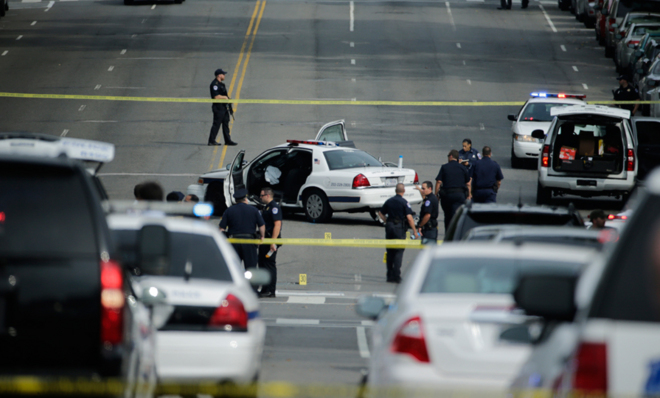
A free daily email with the biggest news stories of the day – and the best features from TheWeek.com
You are now subscribed
Your newsletter sign-up was successful
The "active shooter" situation that wasn't paralyzed downtown Washington today, and as of this writing, there are still heightened security measures in place. The panicked reaction to reports of what happened began after the incident itself was resolved; the suspect apparently had been killed, and a police officer was being tended to, and those on the scene did not find any reason to believe that more people were involved.
On CNN, anchors raised questions about security measures, and whether they were up to the task of protecting the U.S. government. Fox News has already concluded that security worked. Both networks are justified in their informed speculation.
One thing was clear: As soon as something began to happen, a massive blanket of federales, police officers, helicopters, and heavy equipment appeared from almost nowhere; perimeters around the White House and the Capitol and the Supreme Court were immediately expanded; the Capitol complex went on lock-down, with staff and members of Congress told to shelter in place. From my vantage point in DuPont Circle, I saw dozens of police cars race down Connecticut avenue as part of a city-wide call to fortify the area around the White House.
The Week
Escape your echo chamber. Get the facts behind the news, plus analysis from multiple perspectives.

Sign up for The Week's Free Newsletters
From our morning news briefing to a weekly Good News Newsletter, get the best of The Week delivered directly to your inbox.
From our morning news briefing to a weekly Good News Newsletter, get the best of The Week delivered directly to your inbox.
I'm no fan of security theater, or of the militarization of the police, or of post-9/11 panic-stoking by the news media. But when there's even a remote possibility of an attack, however small or improbable, on two branches of government, overreaction is warranted. The scenarios portrayed in movies like White House Down and Olympus Has Fallen do not happen in real-life, until such a day that they do.
The Secret Service, Capitol Police, Park Police, and Washington, D.C. police have prepared and rehearsed for all sorts of unknown troubles; the biggest X factor is simply trying to respond proportionately when there is no way of knowing what is actually happening; whether one event is connected to another, or whether others are yet to come. Interoperability between those agencies is better, but not perfect. And until the voice of God says, "This is only a crazy person trying to ram her car into a White House perimeter stanchion and nothing else," I'm fine if the Secret Service triggers contingency plans while it prepares for something much worse.
Securing important people is an important duty of these agencies, but collectively they protect the continuity of the entire U.S. government. (This week, the non-government, but that's a technicality.) I'm the first person to say, "Chill out, guys" when an airplane breaches the air defense zone around the capital region; the event is routine and commonplace. But the ADIZ is not there for theater; it's there because it protects the U.S capital from attack. If that means I have to evacuate a building for a while, or listen to television anchors speculate about tweets that get information wrong, I'm OK with that.
A free daily email with the biggest news stories of the day – and the best features from TheWeek.com
Marc Ambinder is TheWeek.com's editor-at-large. He is the author, with D.B. Grady, of The Command and Deep State: Inside the Government Secrecy Industry. Marc is also a contributing editor for The Atlantic and GQ. Formerly, he served as White House correspondent for National Journal, chief political consultant for CBS News, and politics editor at The Atlantic. Marc is a 2001 graduate of Harvard. He is married to Michael Park, a corporate strategy consultant, and lives in Los Angeles.
-
 How the FCC’s ‘equal time’ rule works
How the FCC’s ‘equal time’ rule worksIn the Spotlight The law is at the heart of the Colbert-CBS conflict
-
 What is the endgame in the DHS shutdown?
What is the endgame in the DHS shutdown?Today’s Big Question Democrats want to rein in ICE’s immigration crackdown
-
 ‘Poor time management isn’t just an inconvenience’
‘Poor time management isn’t just an inconvenience’Instant Opinion Opinion, comment and editorials of the day
-
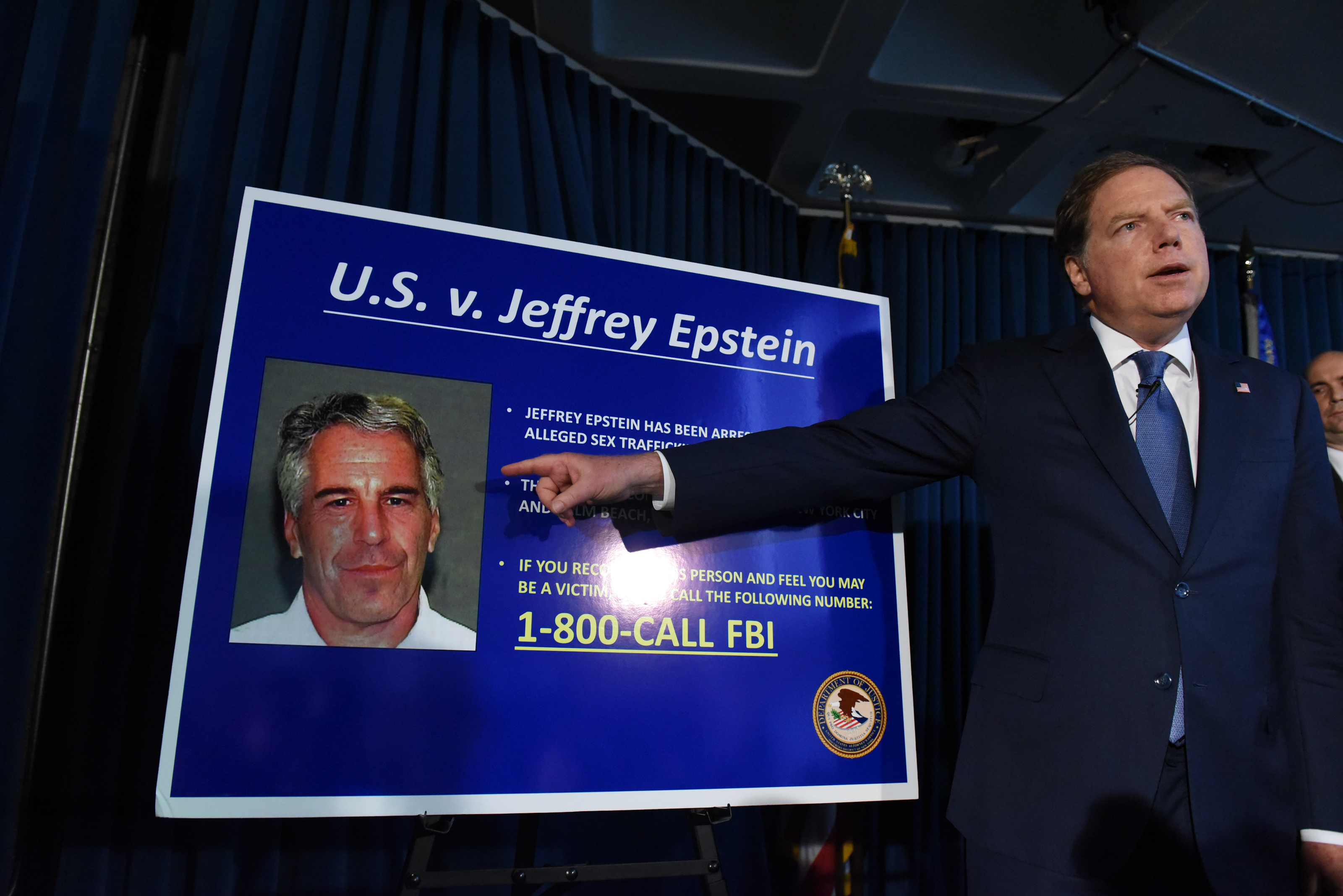 7 lingering questions about Jeffrey Epstein's death
7 lingering questions about Jeffrey Epstein's deathThe Explainer Truth can be as strange as conspiracy theories
-
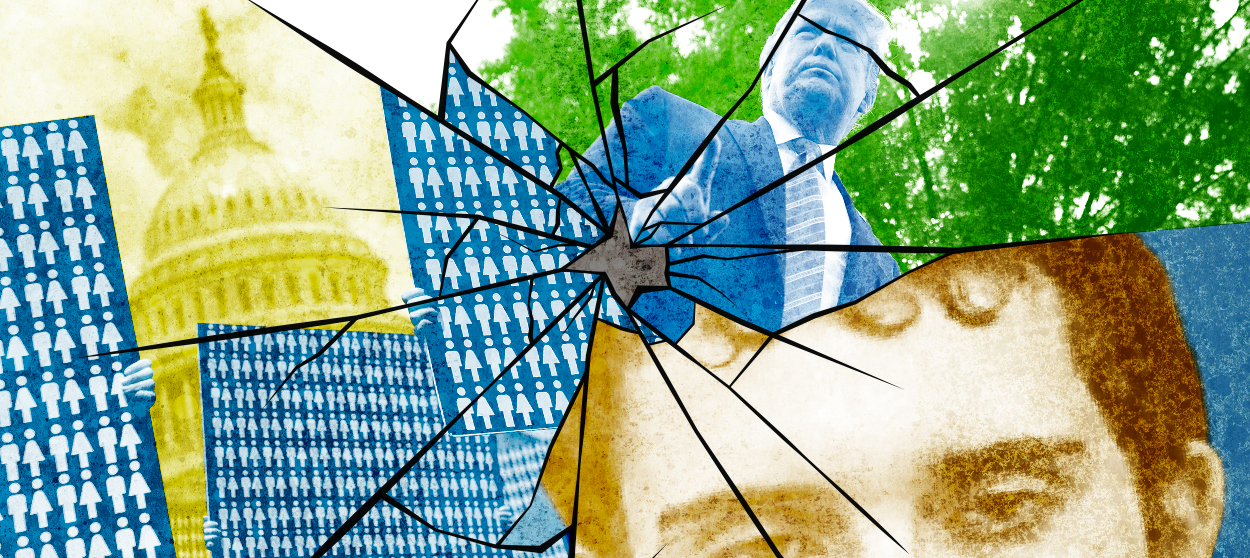 3 things everyone is getting wrong about the El Paso-Dayton shootings
3 things everyone is getting wrong about the El Paso-Dayton shootingsThe Explainer Mental illness is a red herring — but so is Trump
-
 Is it dangerous to lionize the heroes of school shootings?
Is it dangerous to lionize the heroes of school shootings?The Explainer Honoring the children who die saving classmates is laudable — but we should tread carefully
-
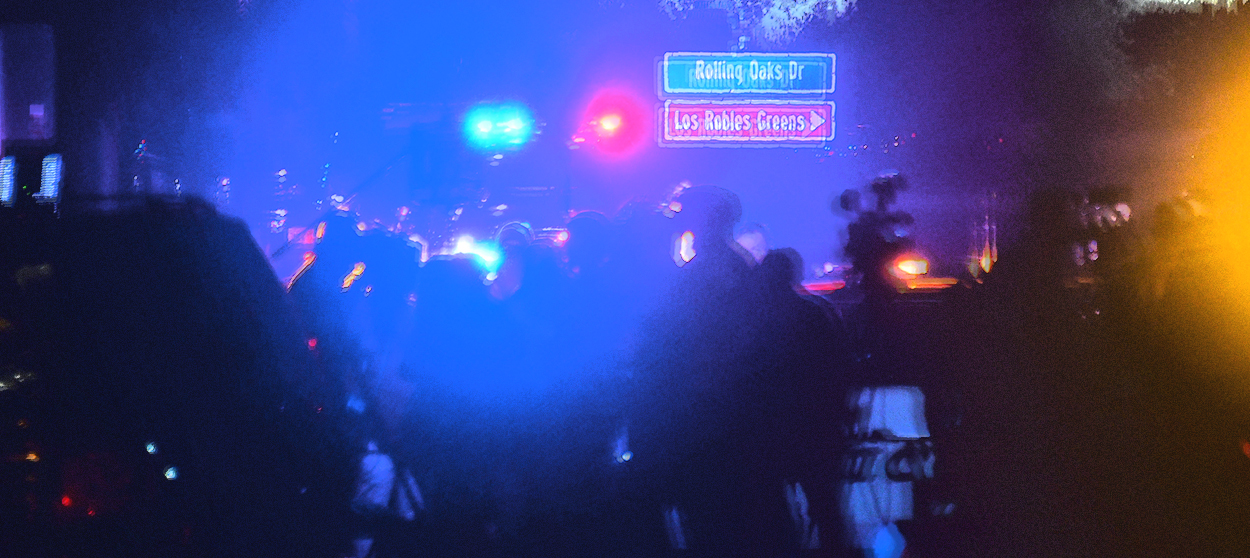 The fear we all live with
The fear we all live withThe Explainer What mass shootings have done to the American psyche
-
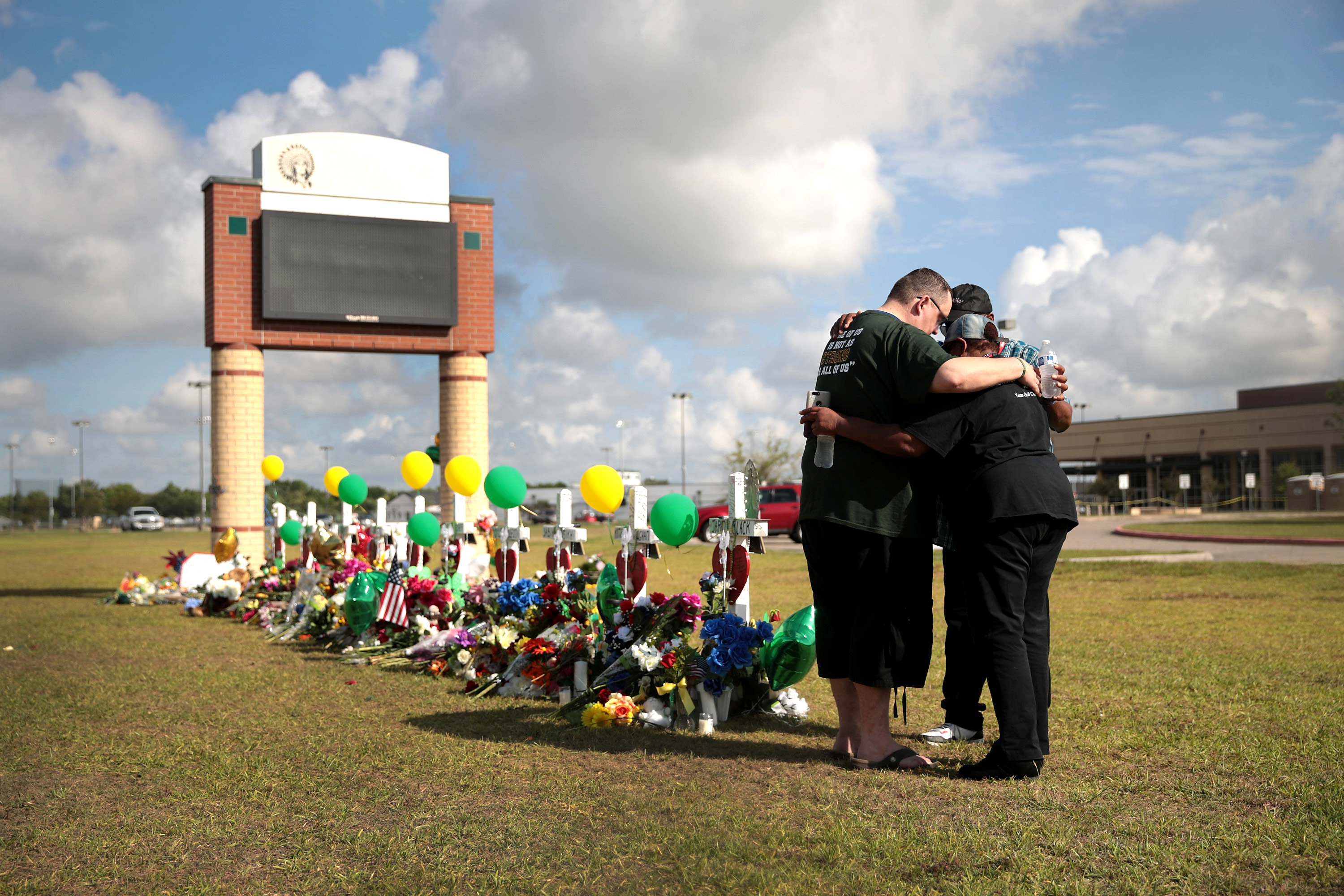 The sick phenomenon of school shooting contagion
The sick phenomenon of school shooting contagionThe Explainer Mass shootings can spread like a disease, with each massacre inspiring new rampages. Can the cycle of violence be stopped?
-
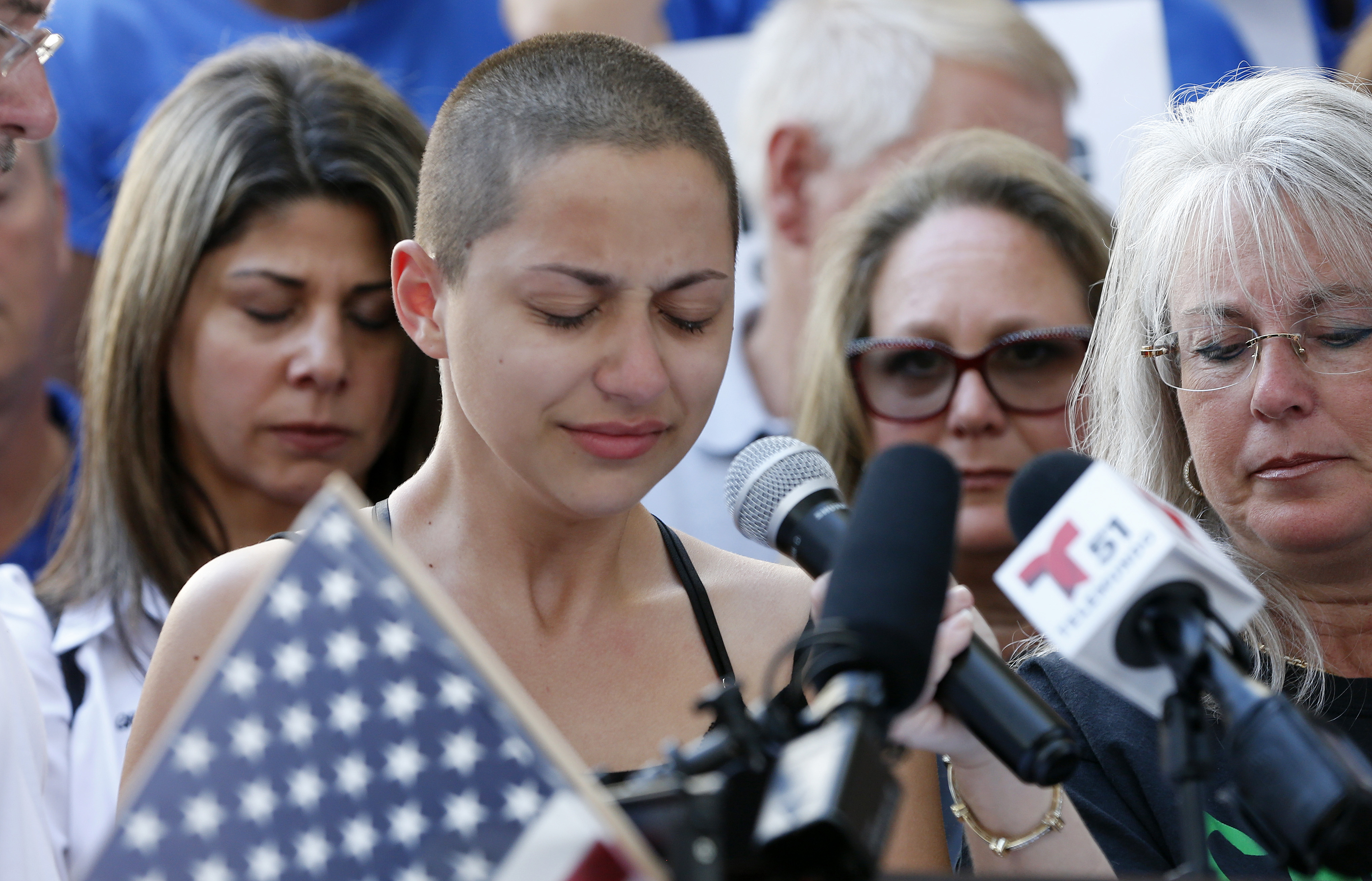 Why the Parkland conspiracy theories are different
Why the Parkland conspiracy theories are differentThe Explainer They aren't an attempt to make crazy sense of a senseless tragedy. They are a way of saying to the tragedy's victims and survivors: You aren't even worth arguing with.
-
 Sex, drugs, and the Summer of Love
Sex, drugs, and the Summer of LoveThe Explainer Fifty years ago this summer, 75,000 young people flocked to San Francisco to "turn on, tune in, drop out"
-
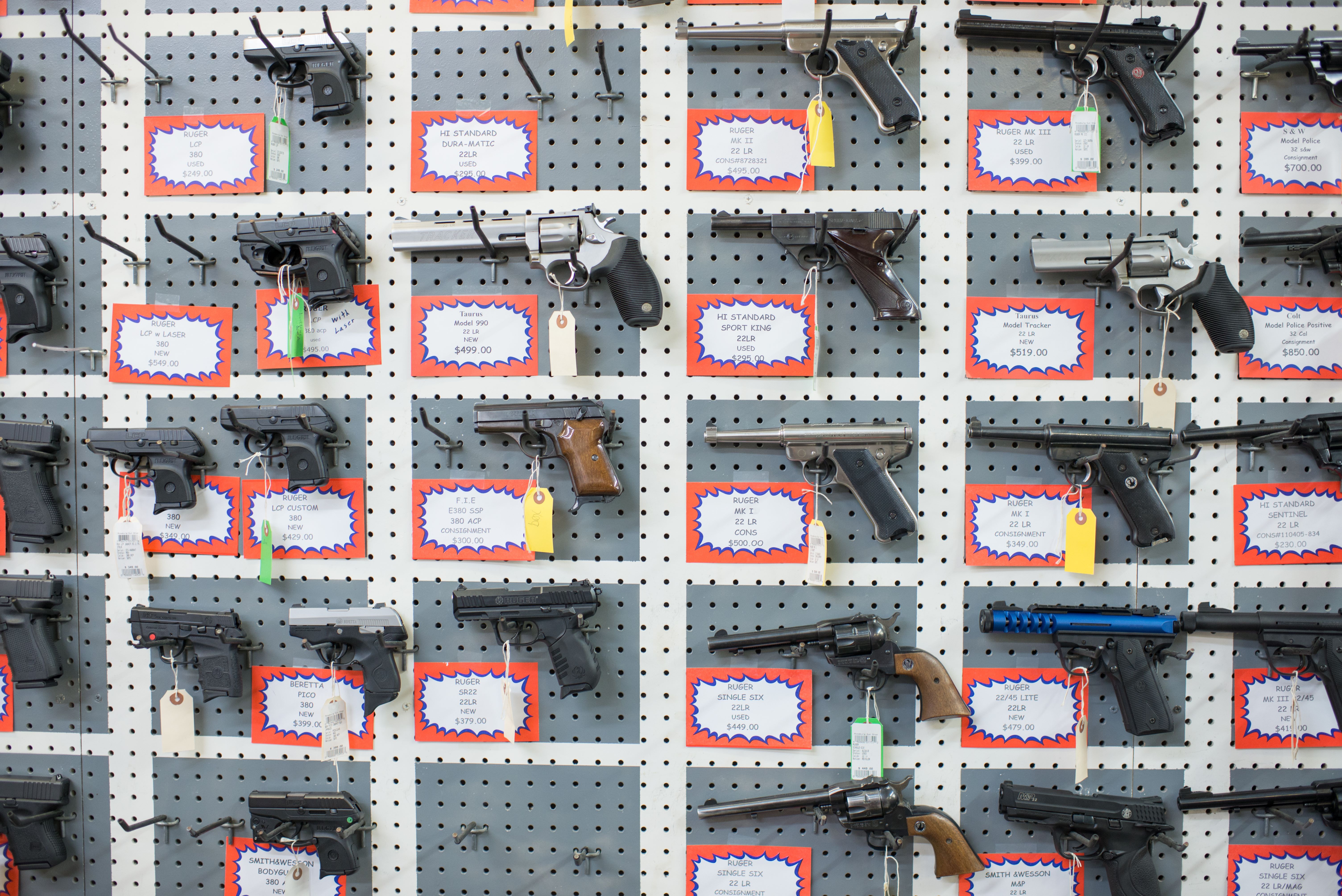 What we know about gun violence may surprise you
What we know about gun violence may surprise youThe Explainer Contradictions abound
